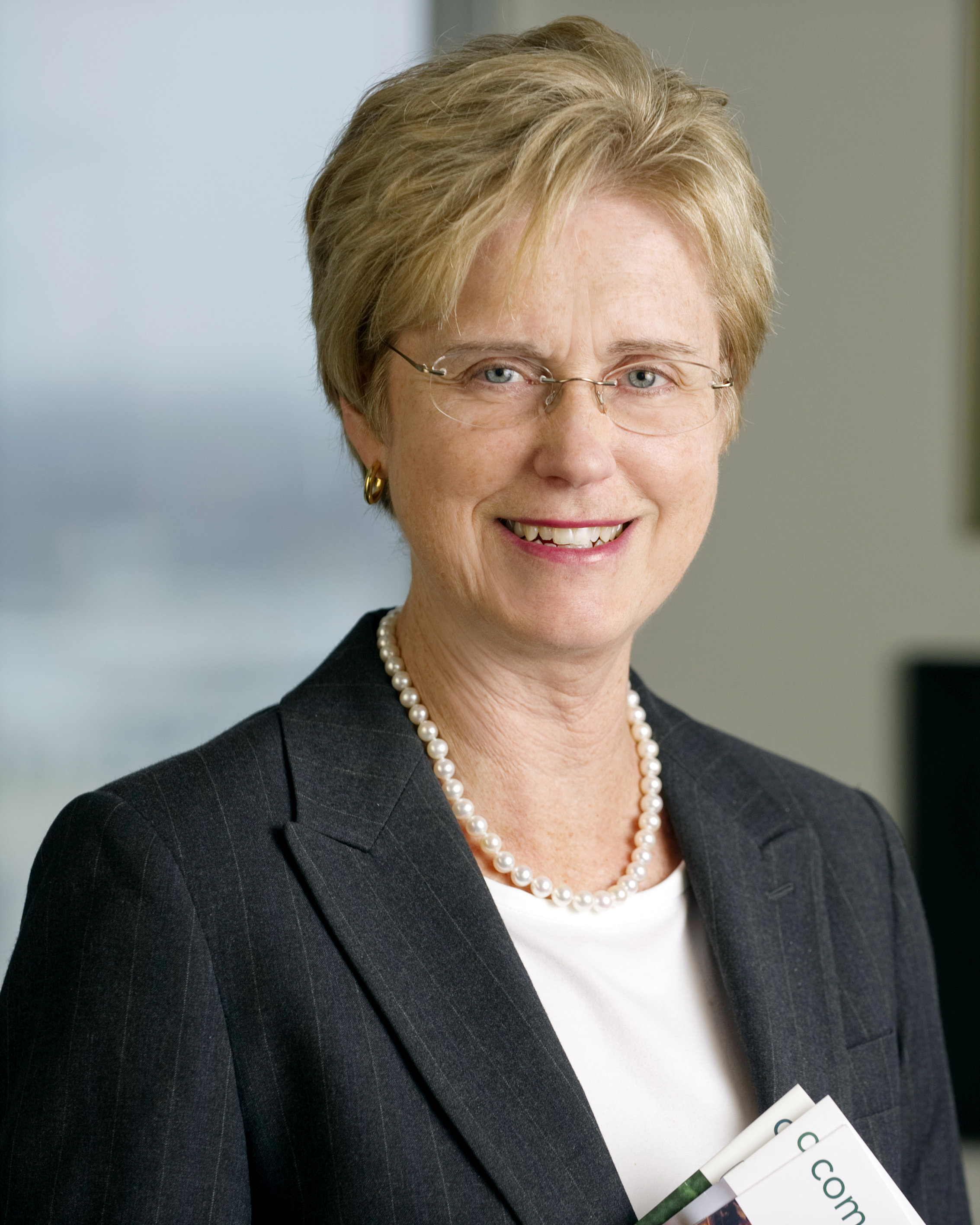Education
Mariam Noland obtained an Ed.M. from Harvard University and a Bachelor of Science from Case Western Reserve University.











Mariam Noland obtained an Ed.M. from Harvard University and a Bachelor of Science from Case Western Reserve University.
At Harvard University, Noland was introduced to the philanthropic world of foundations while assisting on a professor’s research project on the Pittsburgh Foundation. After that, Noland served as an Education Policy Fellow and secretary/treasurer at the Cleveland Foundation, where she learned “about the power of community foundations, [and] the power of change.”
After working for a number of years in the education field and at the St. Paul Foundation, Noland began working within the Michigan philanthropic sector. In 1985, Noland became the first president of the newly-formed Community Foundation for Southeast Michigan, and serves as president today. Noland has grown the organization from its founding to over $870 million (in 2018). The Community Foundation for Southeast Michigan serves a diverse, seven-county region with a population of over four million people.
Noland served in several critical roles within the Council of Michigan Foundations (CMF), including board chair and member of several key committees. While on the CMF board, Noland assisted in launching the Community Foundations Energy Initiative, which helped distribute some of Michigan’s portion of the Exxon Oil fine payout in 1987. CMF worked with the State of Michigan to create a challenge grant, in which private funds, totaling $3.8 million, leveraged an additional $3 million public dollars. The state funds were then granted out by community foundations to nonprofits in order to increase energy efficiency and savings, while the private funds formed endowments that continue to fund environmental and energy initiatives. Additionally, CMF was given $364,000 to distribute to those areas not covered by a community foundation. This project was the first private/public partnership between the state government and CMF.
In addition to the Energy Initiative, Noland was a critical voice in the beginning of the Michigan Community Foundations’ Youth Project (MCFYP), as CMF and supporting community foundations built the program’s framework. After recognizing the need for Youth Advisory Councils (YAC) as an integral part of the challenge grant offered through MCFYP, Noland and the Community Foundations for Southeast Michigan piloted one of the first YAC. Noland continued to lend her experience in MCFYP as it transferred into the Michigan Community Foundations’ Venture Project. She was instrumental in negotiating the joint venture among the community foundations to adopt a common computer program for each of Michigan’s community foundations. In 1995, Noland strongly advocated for and supported a statewide “branding and marketing” initiative for Michigan community foundations, which was later named the Venture Products Fund.
Noland served on the boards of the Council on Foundations, the John S. and James L. Knight Foundation, and Independent Sector, and as a vice chair of the board of the Henry Ford Health System.
“Her community work earned her the Eleanor Josaitis Unsung Hero Award and recognition as a Michiganian of the Year by The Detroit News, which referred to Noland as the ‘ultimate problem solver.’ Noland has been recognized by Crain’s multiple times as one of Michigan’s Most Influential Women” (Crain’s, 2018, para. 5).
Mariam Noland was interviewed regarding her insights and experiences working with Michigan’s philanthropic community and the Our State of Generosity (OSoG) partners. The following are quotes specifically relate to the five organizing themes of the OSoG project.
Human, Financial, and Knowledge Resources
“I would say to you, growing a community foundation with no money is by far more fun than having lots of money to give away, because you are very much in touch with your customers.”
“What it took to get this community foundation to be successful was the strength of the board leadership.”
Philanthropy and Public Policy
“So if you are in a place like Brazil, or wherever, you are going to need a common body that can work on the policy and legislative matters in a collective way. That is how CMF started. I think that part of its mission is needed more than ever today and is a rallying cry to keep us together, and bring us together. You need a sort of common focus… a place to keep reminding us you can’t make it alone here, and you are going to have to work together on behalf of the greater good.”
National & Global Implications
“Standards is really important because, again, CMF was there first; in the sense that we knew that we needed standards in Michigan. We also needed standards nationally; but if Michigan hadn’t been there early on, I am not sure the nation would have come along as quickly – and a lot of the Michigan stuff is what is in the standards.”
Notable women in nonprofits 2018. Crain’s Detroit Business. https://www.crainsdetroit.com/awards/mariam-noland-notable-women-nonprofits-2018